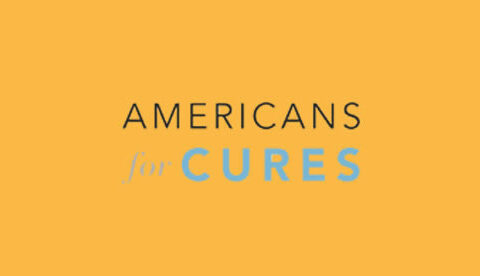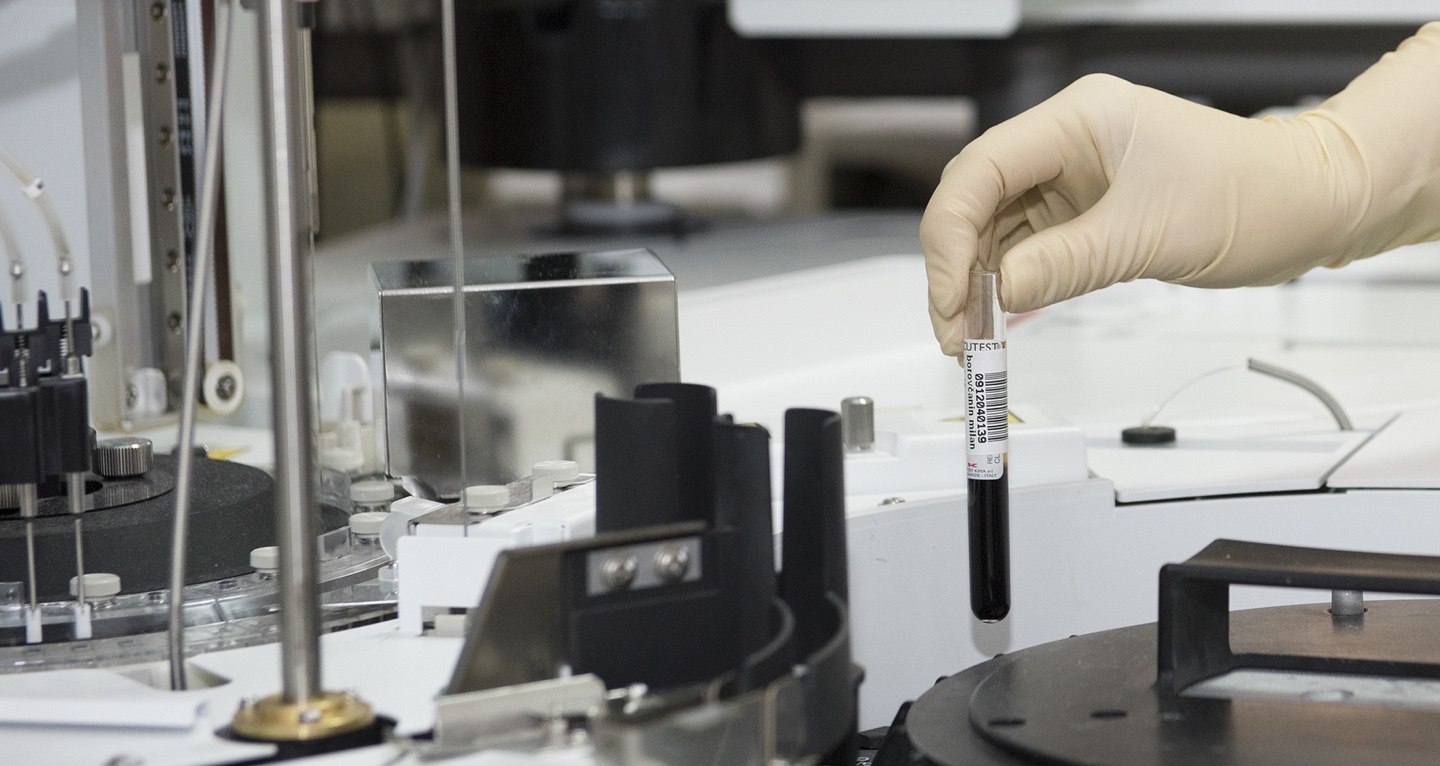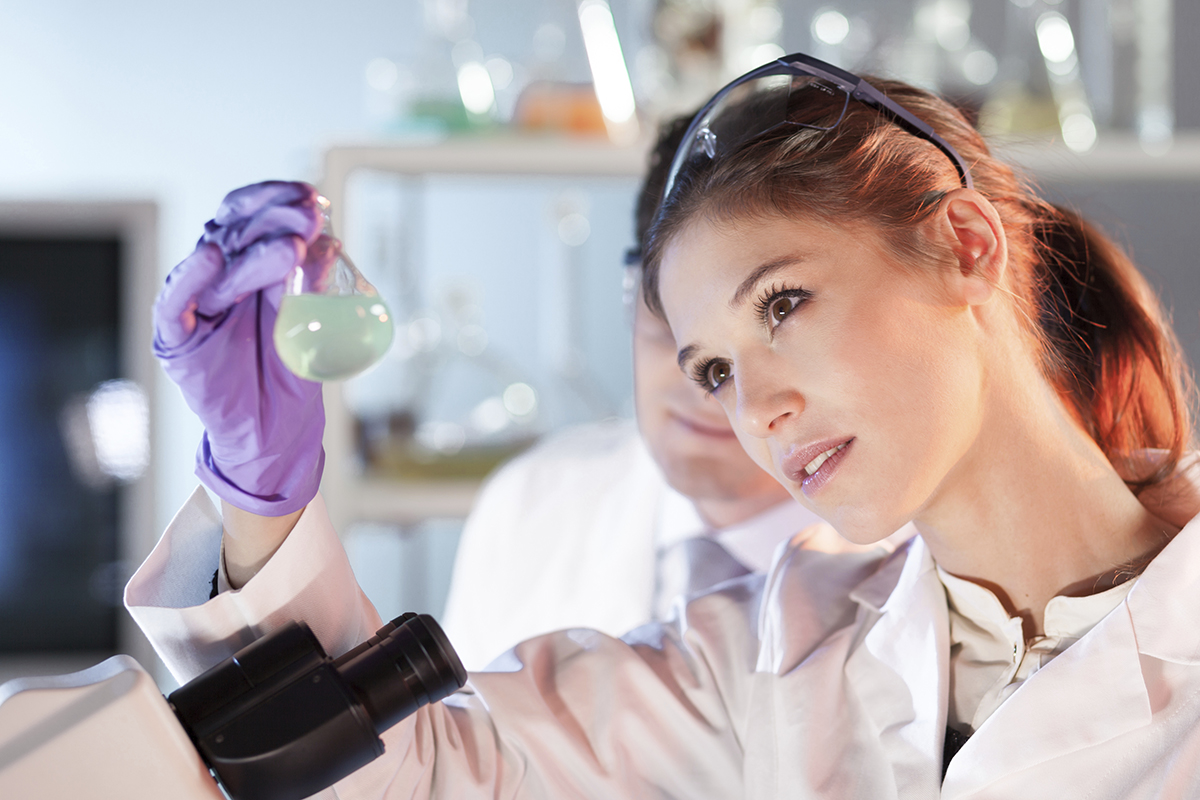Research using pluripotent stem cells is legal in the United States.
Federal courts, including the U.S. Supreme Court in 2013 and the U.S. Court of Appeals for the District of Columbia in 2011, have ruled or backed previous rulings that declared that federal funding of embryonic stem cell research is legal in the United States.
The cells used in this research are obtained through the process of in-vitro fertilization (IVF), and would otherwise be discarded as biomedical waste, with the explicit, informed consent of donors and following closely regulated procedures that meet stringent ethical standards.
In IVF, a woman’s eggs are removed and fertilized then grown to this early stage outside the body before they are transplanted back in. Because this process is not perfect, multiple eggs are fertilized and there are sometimes excess embryos that remain after the implantation process. These embryos are stored until the IVF process is complete.
The individuals who went through the IVF process can donate these embryos to become embryonic stem cell lines, donate them for other people to use for the IVF process; otherwise, they will be thrown away as biomedical trash.





